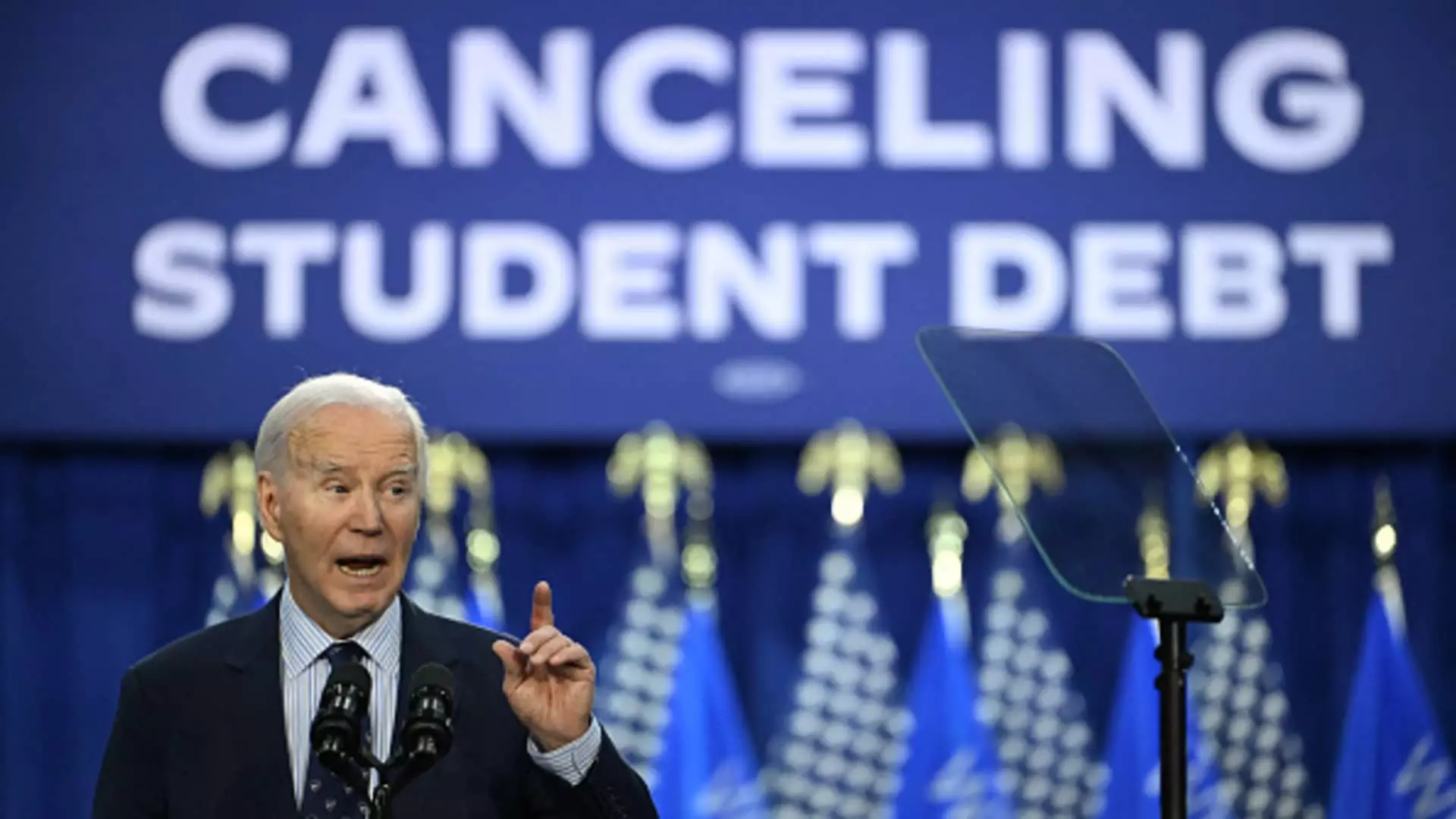President Joe Biden’s initial plan to forgive student debt was blocked by the Supreme Court last summer. The conservative majority court ruled that Biden did not have the authority to erase $400 billion in student debt without prior approval from Congress. The plan sought to forgive the debt of nearly all 40 million federal student loan borrowers, with many individuals eligible for up to $20,000 in cancellation.
In response to the Supreme Court ruling, the Biden administration has crafted a new relief package that takes a more targeted approach to student loan forgiveness. By focusing on specific groups of borrowers, such as those who have been in repayment for decades or attended low-financial value schools, the administration hopes to increase the plan’s chances of surviving potential legal challenges. Despite the narrowed scope, more than 25 million borrowers still stand to benefit from the program.
One key difference in Biden’s new plan is the legal basis on which it relies. While the initial forgiveness plan was based on the Higher Education Relief Opportunities for Students Act (HEROES Act) of 2003, the new plan draws its authority from the Higher Education Act (HEA) of 1965. The HEA grants the Education secretary the power to waive or release borrowers’ education debt, providing a potentially stronger legal justification for the relief program.
Instead of attempting to forgive student debt through executive action, which was deemed unconstitutional by the Supreme Court, the Biden administration is now pursuing a more deliberate regulatory process known as negotiated rulemaking. This approach aims to make it more difficult for the courts to strike down the relief package. By involving Congress and issuing regulations on specific aspects of the law, the administration hopes to garner greater support and legal legitimacy for the program.
Despite the Biden administration’s efforts to revamp its student debt relief plan, critics remain skeptical. Missouri Attorney General Andrew Bailey, a Republican, has expressed concerns about the constitutionality of the new program and has indicated a willingness to challenge it in court. This underscores the ongoing debate surrounding the issue of broad student loan forgiveness and the legal boundaries of executive authority in addressing such matters.
President Biden’s new student debt relief plan represents a strategic shift in approach following the Supreme Court’s ruling on his initial proposal. By adopting a more targeted strategy and leveraging the legal framework of the Higher Education Act, the administration aims to navigate the legal challenges that have hindered past efforts. While the ultimate fate of the program remains uncertain, its evolution reflects a continued commitment to addressing the student loan debt crisis in a manner that is both effective and legally sound.


Leave a Reply